Ha Khupiso represents an ordinary rural village that one sees in many countries but its Open Defecation Free (ODF) story is as extraordinary as those of every single rural community that has achieved ODF through their own collective effort. Ha Khupiso is located in the highlands of Lesotho, at a travelling distance of about 3.5 hours from the capital city of Thaba-Tseka district. The communities here live mainly on crop farming and animal husbandry. While crops are mainly grown for subsistence, income is generated from the production of wool.
Community Led Total Sanitation (CLTS) was piloted in Thaba Tseka district of Lesotho in November 2014 and 11 villages were triggered during the training process. Of these, Ha Khupiso is the first village to have attained ODF status within a short period of 6 months, making it the first and only ODF village in Lesotho at present.
During a recent visit to Lesotho, the CLTS Foundation team members met with four ‘Natural Leaders’ from Ha Khupiso who emerged from within the community during the CLTS triggering process. During the interaction, the champions highlighted some actions initiated by the community, leading to their village becoming ODF or in their own words, becoming “A Proud Village”. These are key elements that are generated as outcomes of any successful CLTS process and should be seen as useful lessons to be emulated in/by other villages across Lesotho.
Formation of “our own” committee:
Various committees had been formed by the health, water and other ministries as part of earlier initiatives. In these cases, the members were pre-selected by outside authorities and the committee was given specific duties to perform. Many of these committees remain inactive and dormant. However, it was for the first time, during the CLTS process, that the community took initiative to form their own committee and act collectively on actions initiated during the triggering process. This also brought new energy into the community and reunited old groups to act together. Community members exhibited more ownership and collective responsibility to set milestones and achieve results.
Community Solidarity:
As seen in many successful CLTS triggering examples, when community members understand that their health and those of their loved ones are at risk if even one household in the community defecates in the open, they all come together to help each other so that their entire village is free from open defecation. We were informed that in Ha Khupiso, out of a total of 44 households, there were 9 households with elderly people, 3 households with blind persons, 3 very poor households and 1 household with a mentally challenged person. These were households that found it challenging to build their own latrines.
This is when the traditional practice of “litzema’ or community solidarity came into play. The other households in the village helped these households by offering their labour in digging their pits, collecting materials from the fields, making toilet seats for them using stones, tins or wood etc. This helped in making the village completely free from open defecation in no time.
The Natural Leaders from Ha Khupiso : Motumi Ntlou, Mosiuoa Khasoane, Matseliso Mokabo and Mamasheane Khasoane with Ms Makhotso Mohoanyane from Department of Rural Water Supply, Ministry of Water ( 2nd from right) and the CLTS Foundation team members at Thaba Tseka district in Lesotho
Influencing schools to build toilets:
The community members reported that once all the households had achieved ODF, every child in the community imbibed the practice of using the toilet. As a result, when they went to their school which did not have any toilets, they would hold back their urge to urinate or defecate until they were able to rush back to their homes and use their toilets either during break time or after school time. As a result, this triggered the schools to invest and build toilets for the children. Today, the schools in Ha Khupiso have toilets, as a result of the CLTS exercise.
Formulation of by-laws:
Everyone in the village is now bound by community by-laws that prohibit open defecation in the village. Even schools in the neighbourhood are expected to follow these by-laws which means that children coming to these schools from neighbouring villages cannot practice open defecation and have to use school toilets. Those breaking any of the by-laws are subject to penalisation by the village chief.
Use of Indigenous knowledge:
In order to get rid of the smell of shit, in addition to ash, the community members use a traditional shrub called “lengana” and aloe vera. The shrub is immersed in water and after the moisture is absorbed, the leaves are spread over the shit which has been reported to kill the smell.
The Natural Leaders are very proud of their achievement and also understand that the battle against open defecation will remain alive unless every village in Lesotho becomes ODF. They recognise that they are still not completely free from contamination unless their nearby villages also become ODF.
When asked, they said that they were willing to help other villages in this process. In return, they asked for support to hire horses to travel to these villages on horseback, some triggering materials and some snacks and refreshments. They said they did not want any money! They also said that they were confident that it would not take more than 2 months each to make the other 7 villages in their electoral division ODF. Currently Ha Khupiso residents are the recipients of the trophy given by the Lesotho government for the first ODF village in their country. When asked which village would they hand this trophy to next, the Natural leaders said “We do not plan to give this trophy back. We will make our village the cleanest one in the country, more than any other village.”

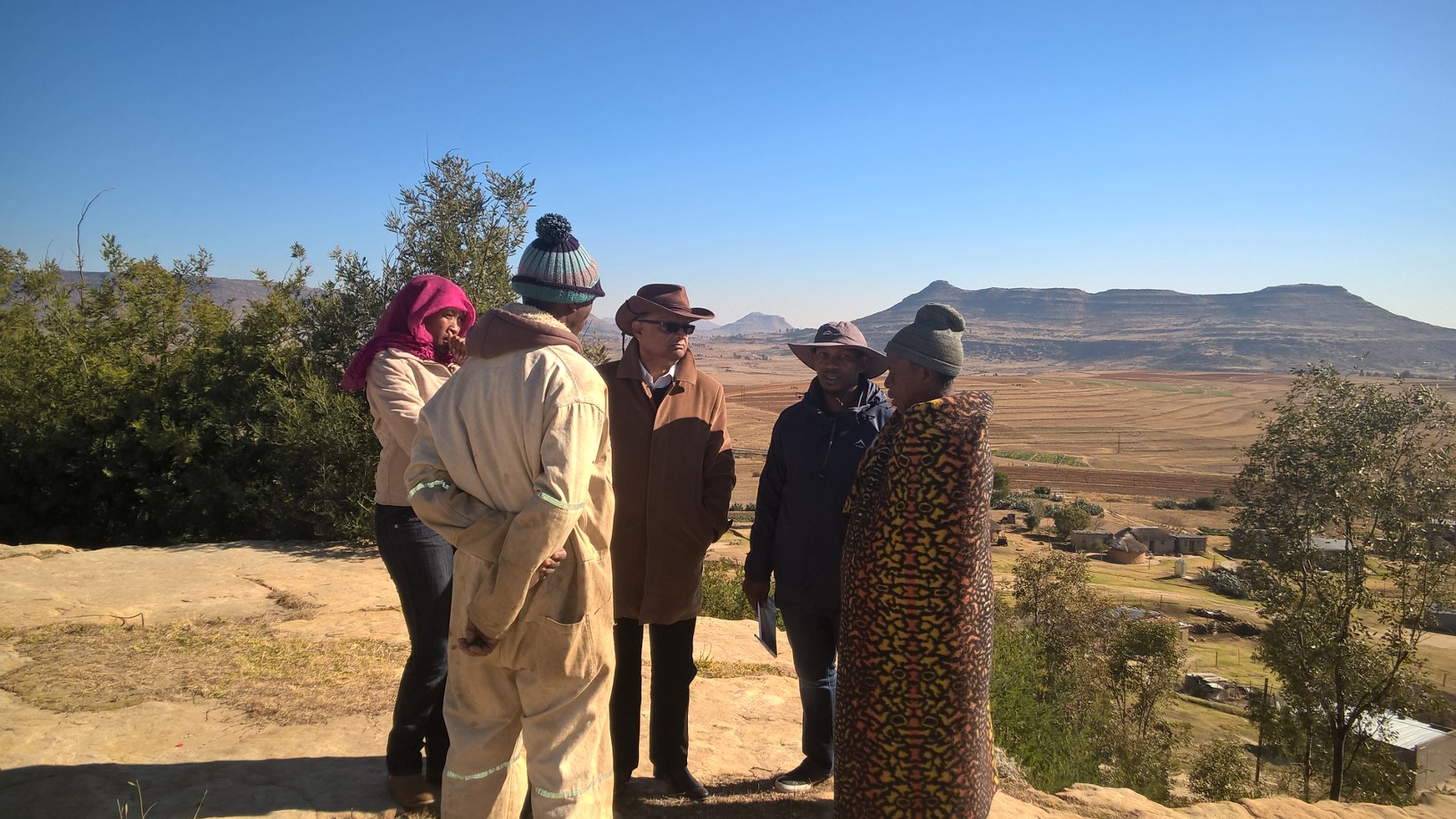
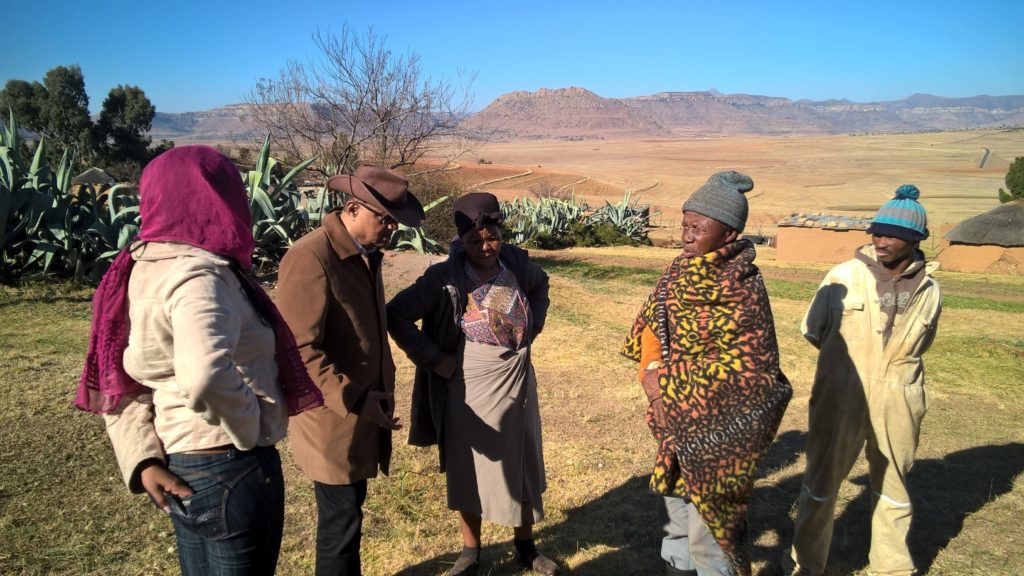
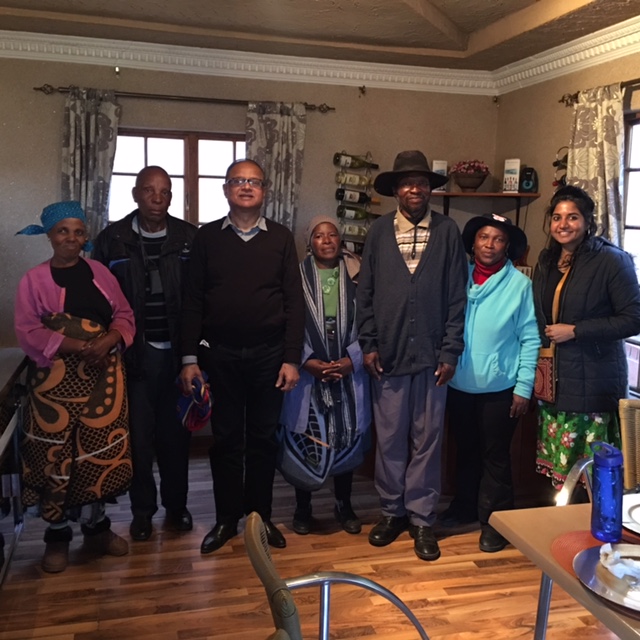
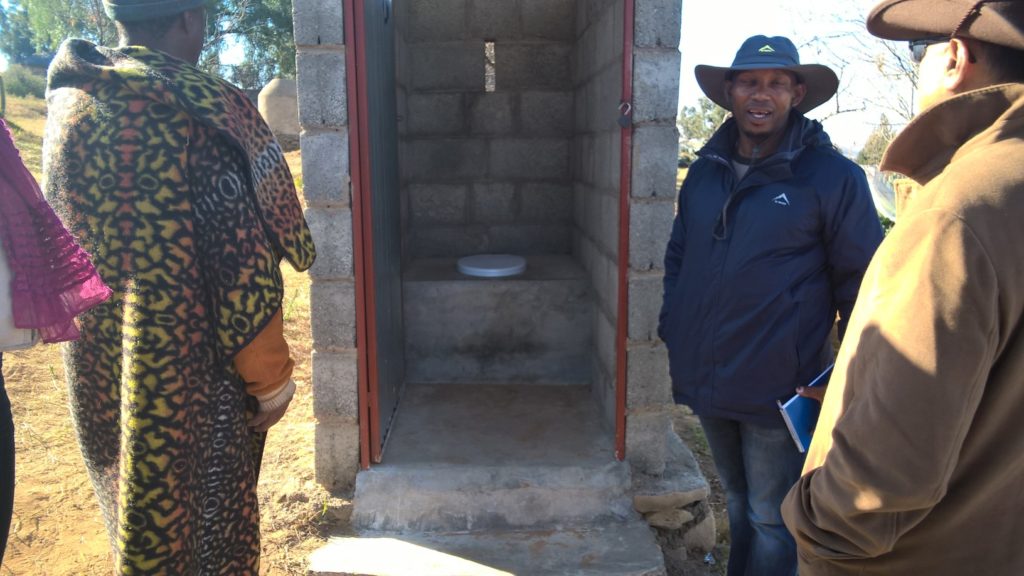
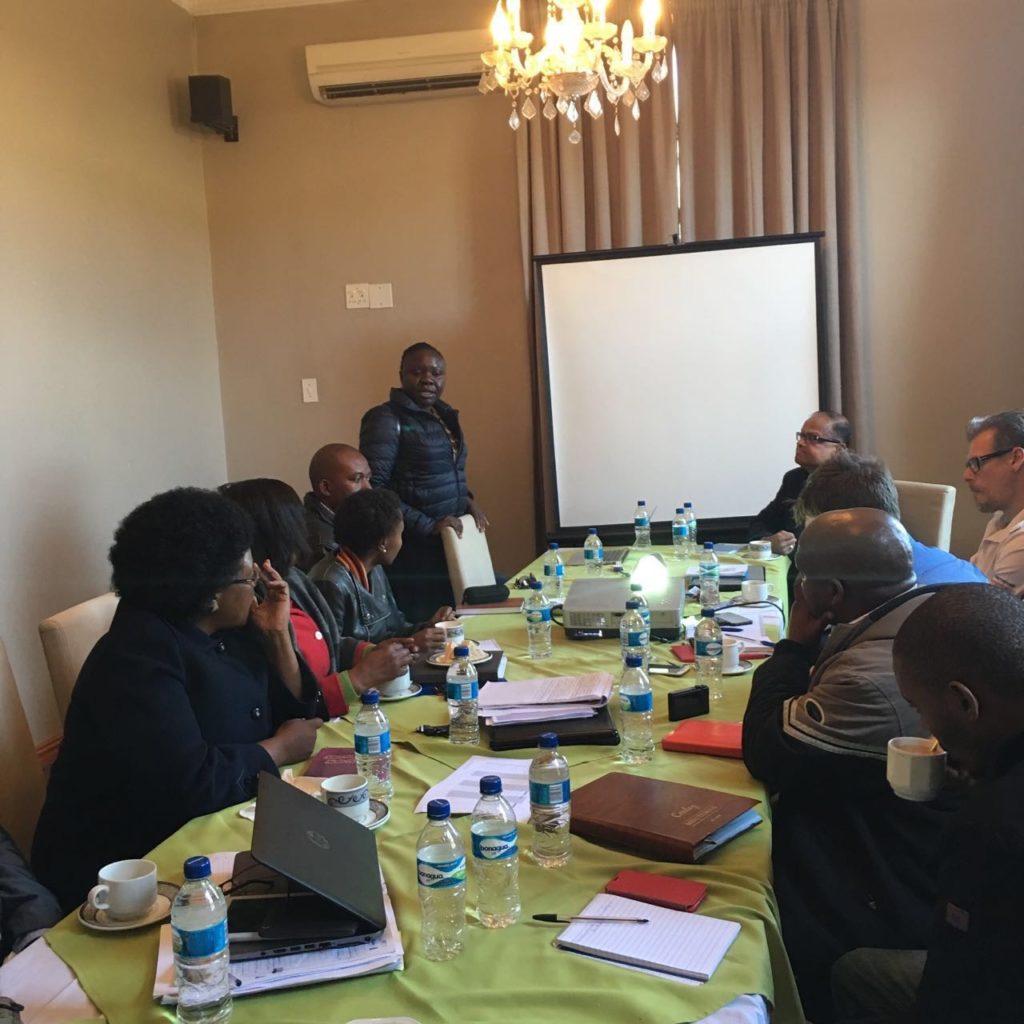
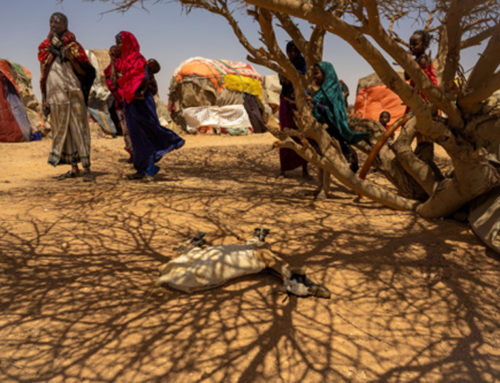

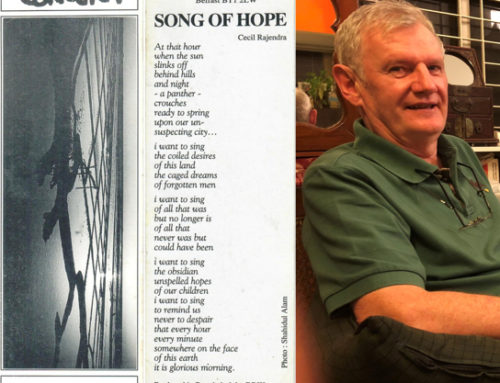
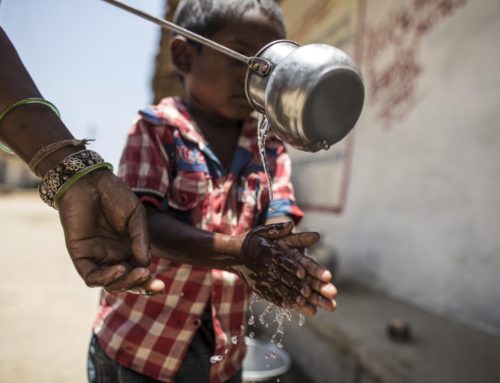
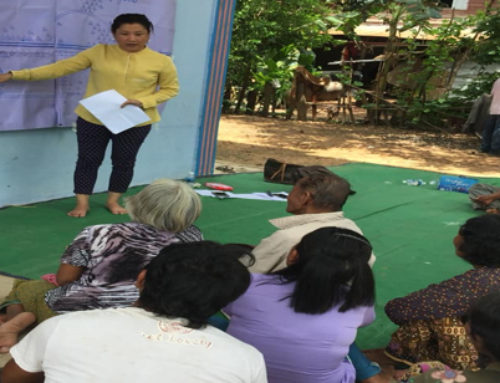
Leave A Comment